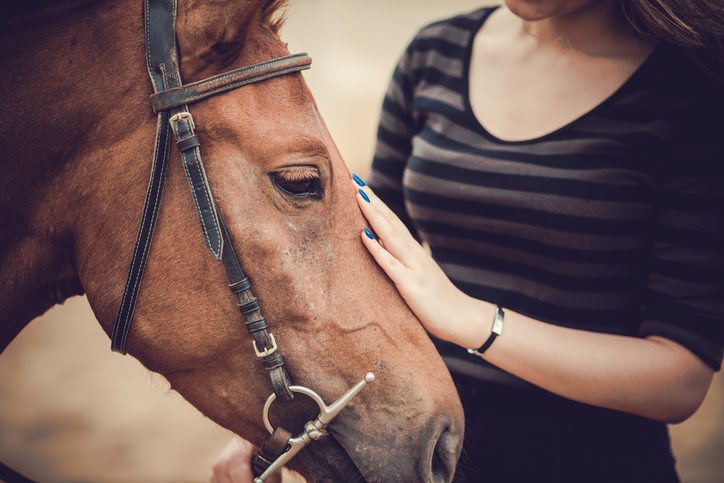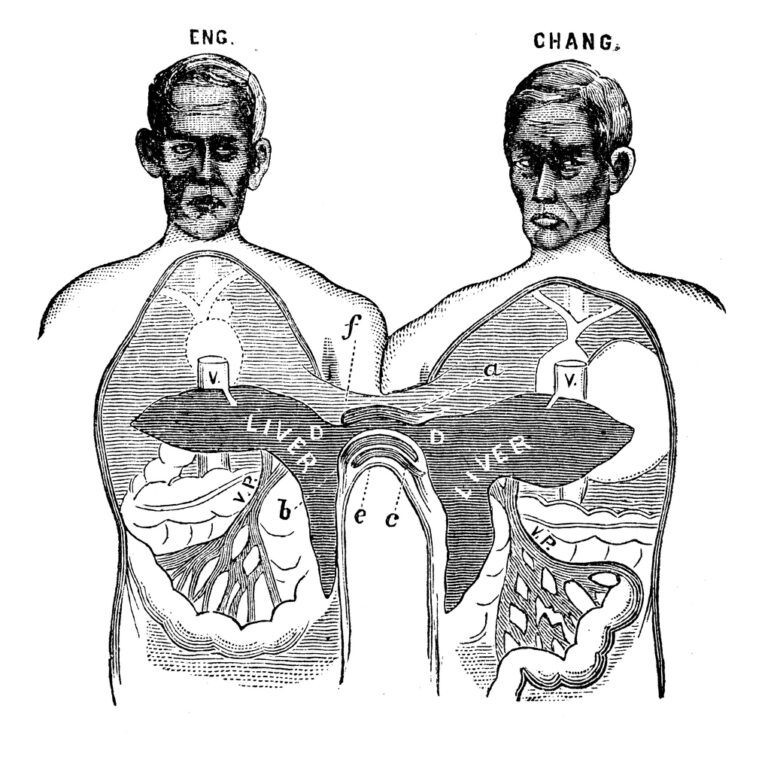At Bundaberg’s Phoenix House sexual assault service, there are four rather unusual looking therapists that work alongside the trained team of counsellors. Named Rain, Maleka, Baby and Milo, these gentle horses are part of the team’s Equine Assisted Therapy service (EAT).
The program started back in 2005, when Phoenix director, Helena Botros began pioneering for EAT for sexual assault victims in Australia. She says that horses are useful for therapy as they have a history of being in touch with human emotion. “They learned how to observe the environment, how to read subtleties, so they will read incongruences in a person,” she said. “They will pick it up because their survival is based on that. And they will give that immediate feedback.”
Since the program started, Phoenix House has helped over 1,500 clients, with may of them returning as mentors and volunteers. One participant describes how EAT helped her overcome her fear of rejection. “It was my turn to enter the ring. I walked in and fear engulfed me. I turned around and walked straight back out without giving Maleka [the horse] a chance,” she said.
After being encouraged to give it another try, the patient says that the most amazing thing happened, “I just walked around and gave Maleka space. As I did this, Maleka started to follow me. Here was this beautiful horse wanting to interact with me,” she said. “She was accepting me, just as I was with all my faults, fears and insecurities. I stopped and reached up to stroke her neck and say thank you. Maleka bent down to put her head over my shoulder as those she was giving me a hug. I broke down and sobbed into her neck as she continued to show her compassion and I knew then my fear was actually a fear of rejection.”
These anecdotal experiences are backed back scientific studies which show that EAT has many benefits in therapy. Central Queensland University Associate Professor Tania Signal reviewed EAT for Phoenix House’s child sexual abuse victims, and found significant changes in levels of anxiety and depression as a result of the therapy. “We found that there were clinically and statistically significant decreases in those symptoms, really significant,” she said.
More evidence is needed before equine therapy is endorsed by Medicare as a stand-alone treatment. But for now, these gentle creatures are helping survivors rebuild trust, find joy and learn to love again.







